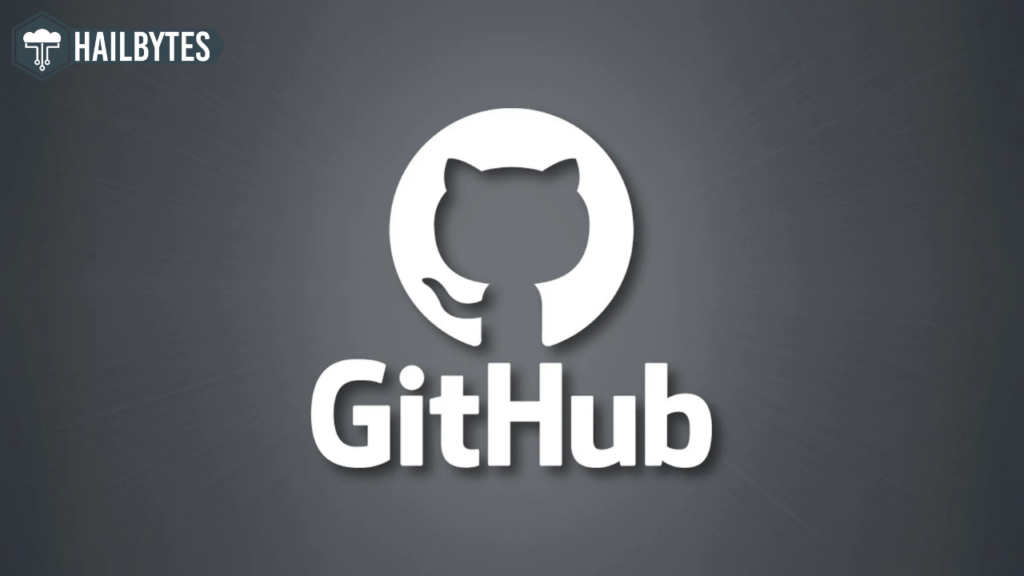What Is Github?

Introduction:
GitHub is a code hosting platform that offers all the tools you need to build software with other developers. GitHub makes it easy to collaborate on code and has become an integral part of many coding workflows. It’s an incredibly popular tool, with over 28 million users. In this guide, we’ll discuss what GitHub is, how to use it, and how it can fit into your workflows.
What Is GitHub?
GitHub is a web-based hosting service for software development projects that uses Git as its revision control system (RCS). Originally designed as a place where open-source developers could come together and share their code with each other, it’s now used by companies and individuals alike for team collaboration. GitHub offers all developers the ability to host their code repositories for free. It also has a commercial offering that gives teams advanced collaboration, security, and management features, as well as support.
GitHub is perfect for use during software development because it combines version control tools with an interface that makes it easy to share your code with others. This allows you to build better code faster by leveraging the experience of your entire team. On top of these collaboration features, GitHub also has integrations with many other platforms and services, including project management applications like JIRA and Trello. Let’s take a closer look at some of the features that make GitHub such an invaluable tool in any developer’s arsenal.
Features:
The core feature of GitHub is its code repository hosting. The site provides tools for source control management (SCM), which allow you to keep track of all the changes made to your code and coordinate the work of multiple developers on a project. It also has an issue tracker that lets you assign tasks, track dependencies, and report bugs in your software. Using this feature combined with SCM can help teams stay organized throughout the development process.
On top of these core features, GitHub also offers many integrations and other features that can be useful for developers at any stage in their careers or projects. You can import existing repositories from Bitbucket or GitLab through a handy importer tool, as well as connect a number of other services directly to your repository, including Travis CI and HackerOne. GitHub projects can be opened and browsed by anyone, but you can also make them private so that only users with access are able to view them.
As a developer on a team, GitHub offers some powerful collaboration tools that will help streamline your workflow. It makes it easy for multiple developers to work together concurrently on shared code through the ability to issue pull requests, which let you merge changes into someone else’s branch of the repository and share your code modifications in real time. You can even get notifications when other users comment or commit changes to your repository so you know what is going on at all times during development. Additionally, GitHub has built-in integrations with many text editors such as Atom and Visual Studio Code, which allow you to turn your editor into a full-fledged IDE.
All of these great features are available in both the free and paid versions of GitHub. If you just want to host open-source projects or collaborate with other people on smaller codebases, the free service is more than adequate. However, if you run a large company that requires added security, detailed team management tools, integrations for bug tracking and project management software, and priority support for any issues that may arise, their paid services are a good option. No matter which version you choose, though, GitHub has everything you need to build better software faster.
Conclusion:
GitHub is one of the most popular code hosting platforms for developers around the world. It gives you everything you need to host and collaborate on your projects, including a powerful code repository hosting system with version control tools, an issue tracker that lets you keep track of bugs and other problems with your software, and integrations with many text editors and services like JIRA. Whether you are just starting out or working at a large company, GitHub has all the tools that you need to succeed.






 reNgine Reconnaissance
reNgine Reconnaissance GoPhish Phishing Simulation
GoPhish Phishing Simulation  VPN Solutions
VPN Solutions ShadowSocks SOCKS5 Proxy
ShadowSocks SOCKS5 Proxy Vulnerability Calculator
Vulnerability Calculator  NEW
NEW Implementation Services
Implementation Services

 Documentation Hub
Documentation Hub Security Guides
Security Guides Free Security Tools
Free Security Tools Compliance Templates
Compliance Templates Training Videos
Training Videos Security FAQ
Security FAQ